Uneasy about your kids iPhone obsession? These 3 parental control apps can help.
Parental control apps help keep screen time healthy and age-appropriate, but some are better than others. Here are our picks for the Apple-friendly ones.


It doesn't matter what age your kid is: Whether it's their very first phone or their fifth, parents are going to worry about what's behind that scrolling and tapping. Parental control apps have come to be a convenient compromise between kids who really don't want to hand over their phone and parents who really don't want to have to confiscate it.
How do parental control apps work?
At their core, parental control software lets you monitor your child's phone, tablet, or computer remotely. Corresponding apps are downloaded both on the parent's device and on the child's device. From there, parents can do anything from monitor internet searches and browsing history, block inappropriate or distracting apps, or limit screen time all together. It's a less invasive and more respectful method than physically snooping through their phone or computer — and when kids know that their activity is being watched or managed, good habits might stick better.
Worries of kids turning into technology zombies certainly aren't new, but feel especially relevant in an online landscape ruled by social media. According to the American Academy and Child and Adolescent Psychiatry, children ages 8-12 spend on average four to six hours a day using screens, with that number sitting higher at nine hours for teens. The time in front of those screens can pose risks: in the past few years alone, both Tiktok and Meta have faced lawsuits alleging that social companies make their platforms intentionally addictive, and can negatively impact users' mental health.
In other words, it's not easy being a kid online — parental control apps can help you and your child foster a safer relationship to online spaces.
Apple's Screen Time vs. third-party parental control apps
If you and your child both have iPhones, generally the easiest option is to use the native iOS solution: Screen Time. Additionally, TikTok, Roblox, and Meta all offer built-in parental control specific to their apps.
Back in 2019, a sweep of third-party parental control apps on the App Store severely curbed functionality on some of the most popular downloads. It was around that same time, in response to accusations that its devices were too addictive, Apple unveiled Screen Time: An iOS-specific screen time tracker that parents could utilize to mitigate their child's usage. Not only is this app relatively comprehensive in what it offers, but it's also completely free. And unlike the parental control landscape of about five years ago, you can get a comprehensive suite of features without paying a cent — that's why two out of three of our picks are free to use.
More recently, Apple also introduced plans to make sure app developers are including child safety settings within apps themselves, including an age range verification that can limit what features of an app are available based on a user's age range.
The controls baked into iOS will suffice for a lot of people. They can set screen time limits, block certain apps and websites, or restrict new downloads or things with an explicit content rating altogether. But Screen Time becomes useless pretty quickly if the parent or child has an Android or if the parent and child share a device, which is why we included other options on this list.
Use parental controls as a safety tool, not a spying tool
Some parents suggest downloading one of these apps on your kid's phone without telling them. Here's our take: Don't do that. We'd be remiss to omit the possibility of loopholes for kids to look for if they know the app is there, but monitoring their activity behind their back feels like rebellion or resentment waiting to happen. Depending on how much of the content on your child's device that an app can see, it could quickly become a breach of privacy.
Instead, try to agree on a screen time routine and a list of apps and websites that are appropriate. Letting them in on the process can build trust rather than diminish it, and having reinforced but reasonable guidelines for screen time can help curb any device dependencies. Plus, their understanding of why TikTok and Instagram are blocked during homework hours or at bedtime can help them learn a solid set of cyber safety habits.
Here are the best parental control apps for Apple devices in 2025:





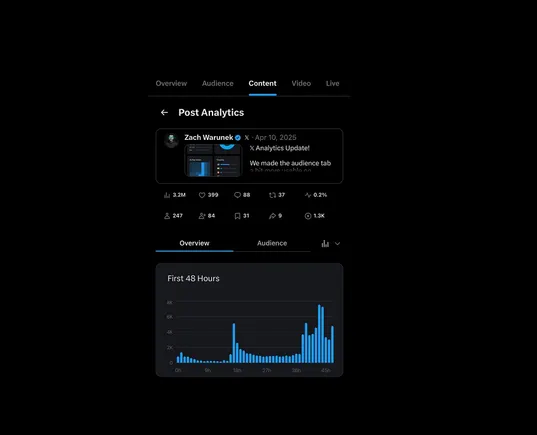

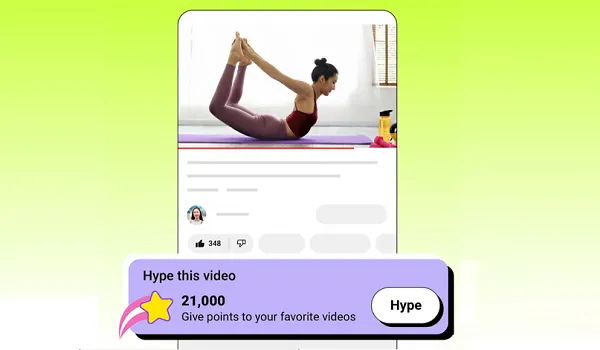


















































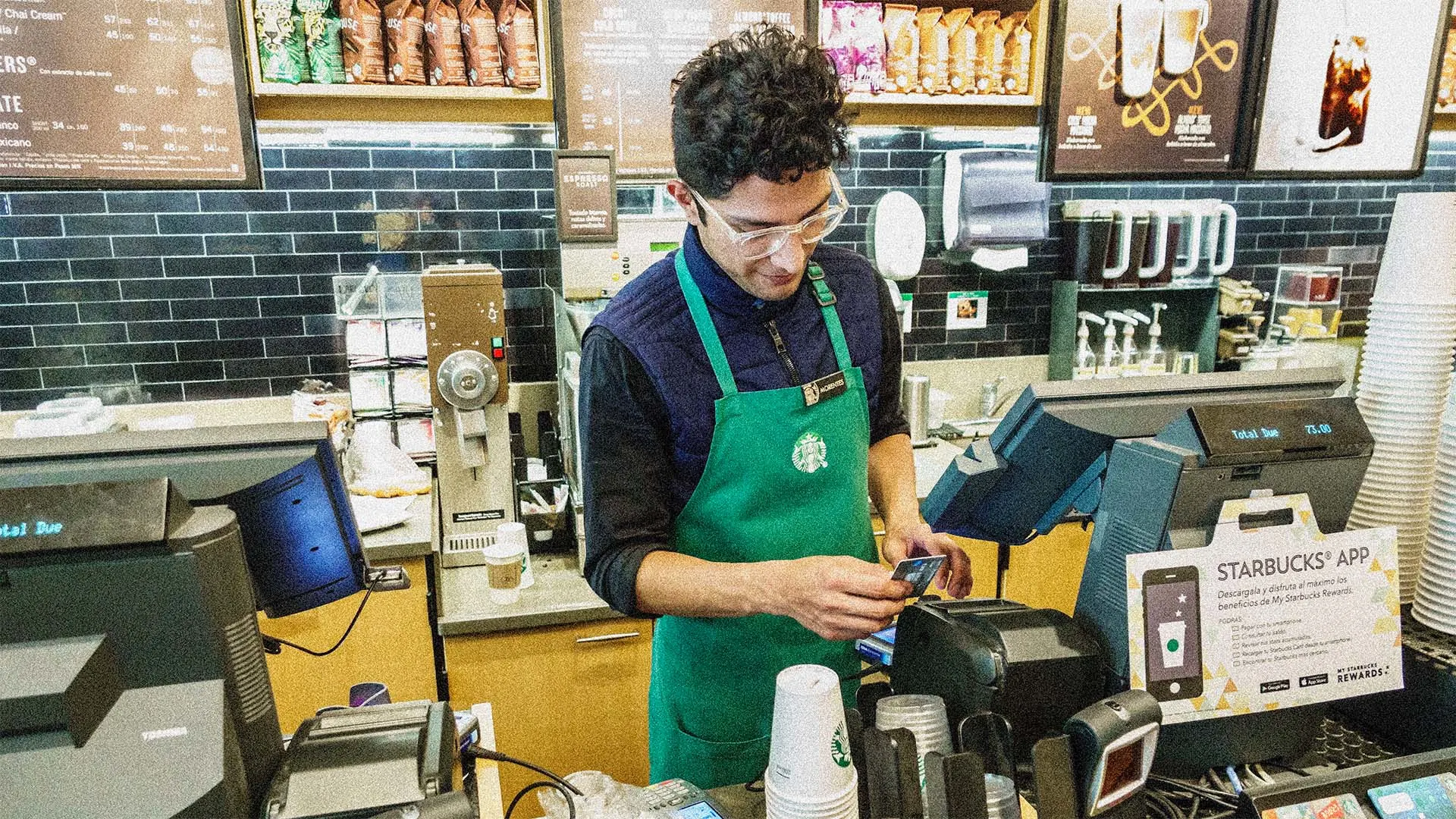




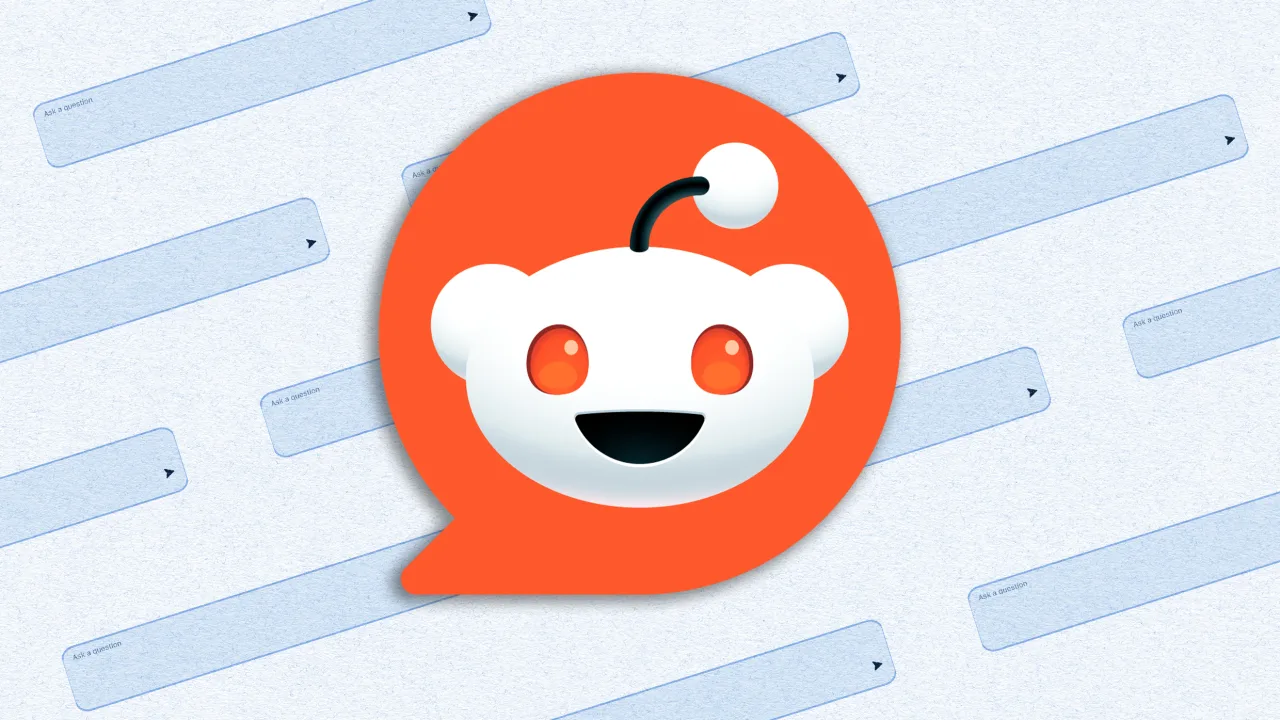





















































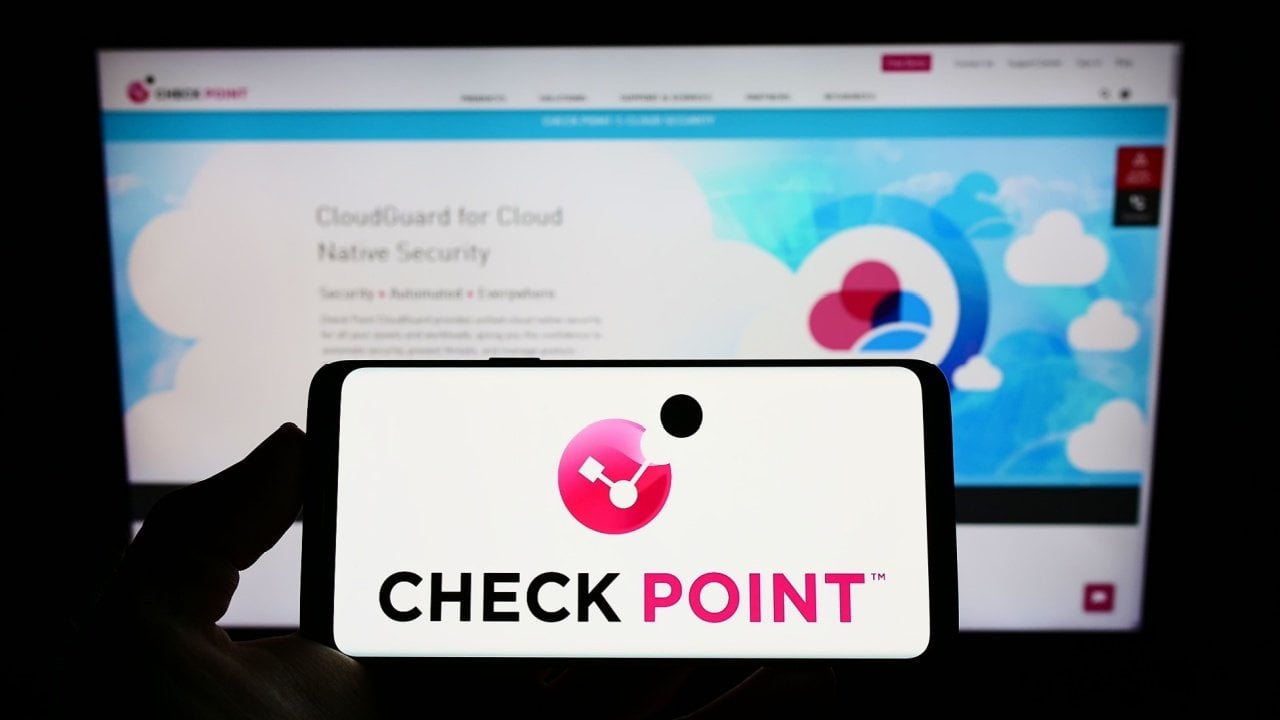






















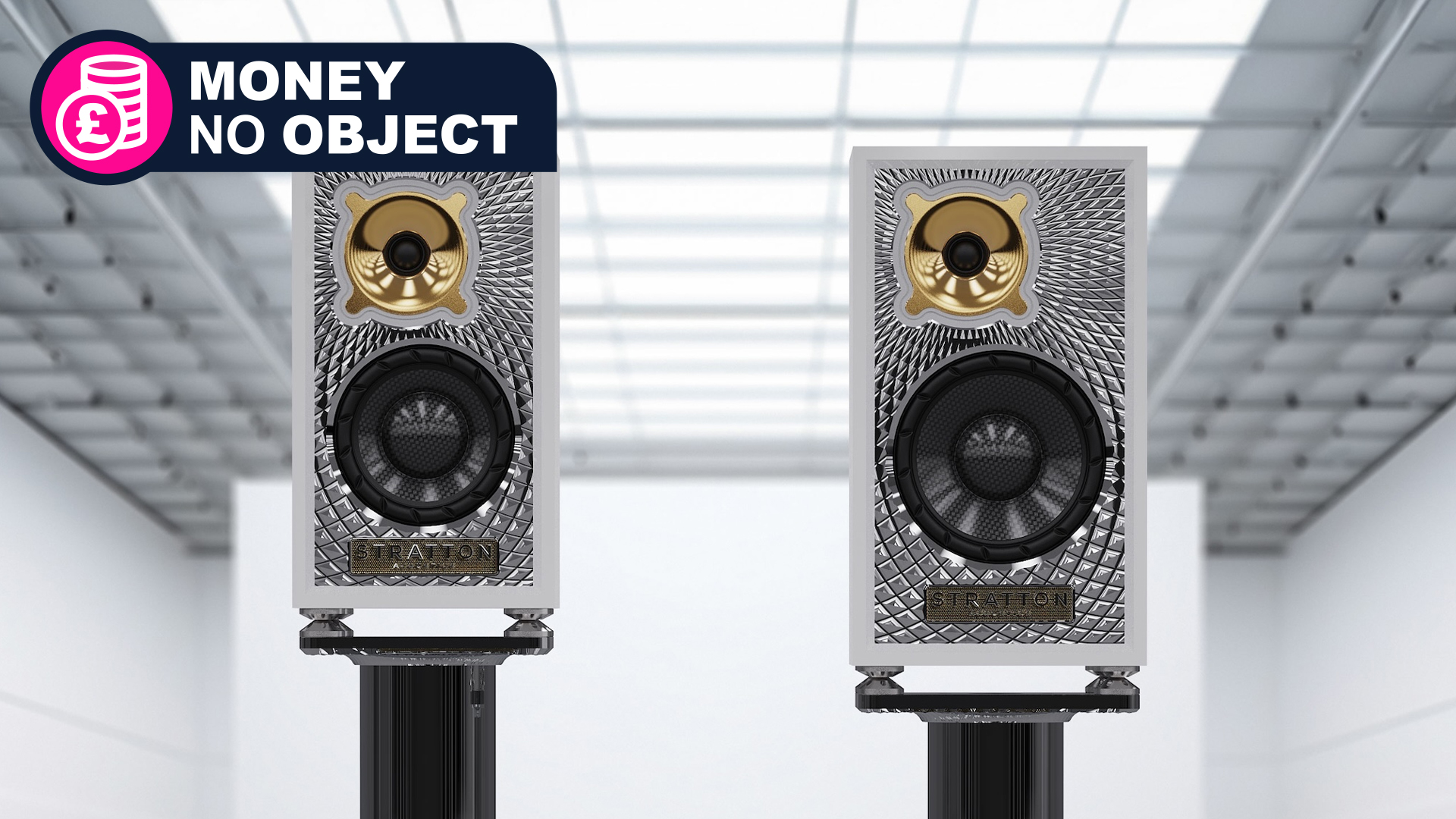

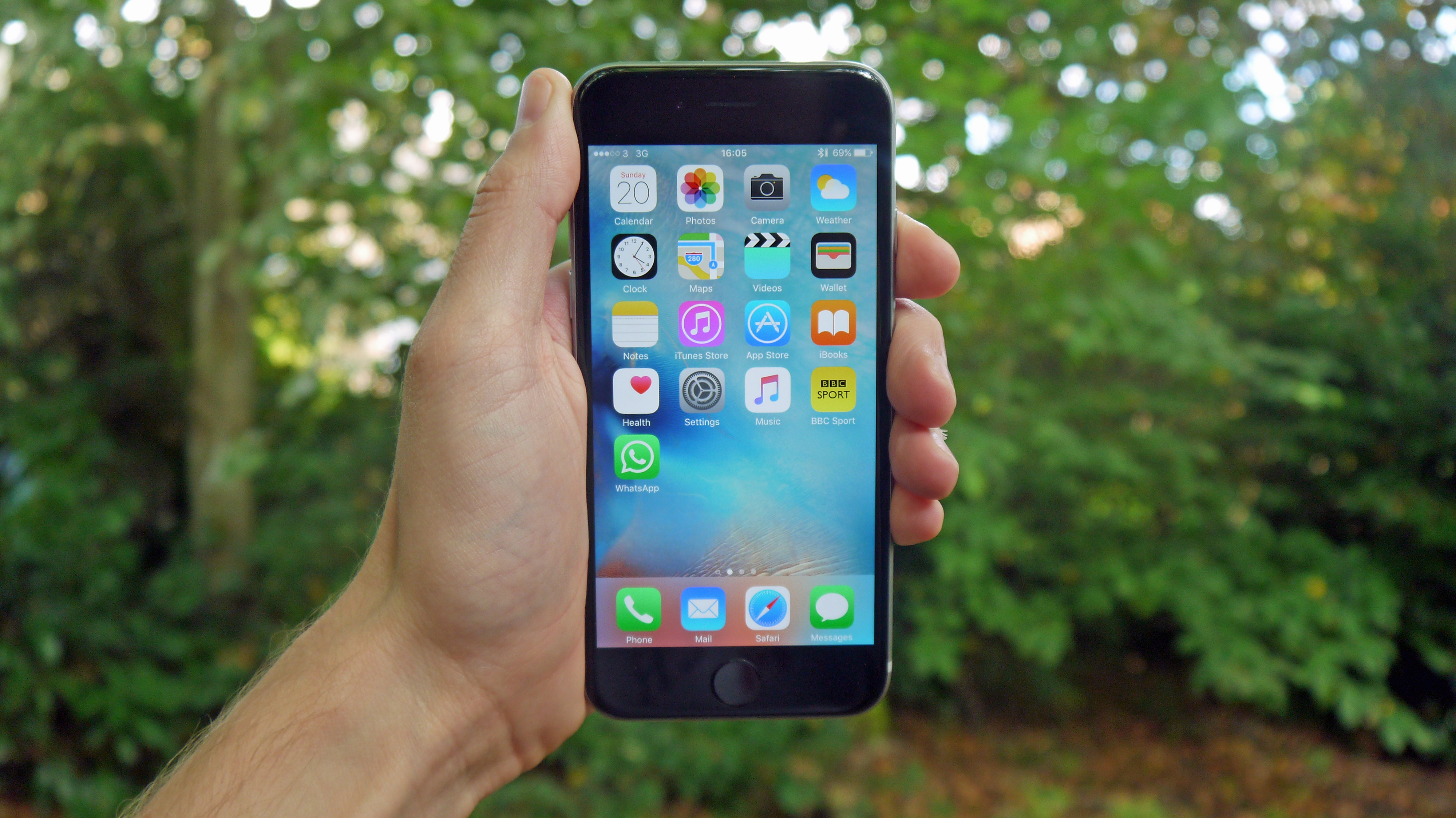





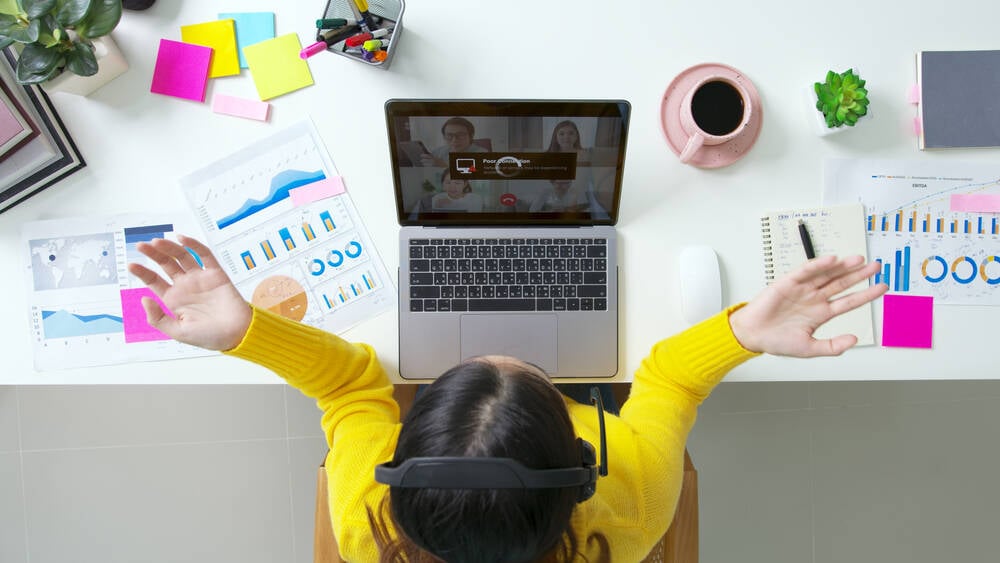






























.jpg)















![How to Find Low-Competition Keywords with Semrush [Super Easy]](https://static.semrush.com/blog/uploads/media/73/62/7362f16fb9e460b6d58ccc09b4a048b6/how-to-find-low-competition-keywords-sm.png)



